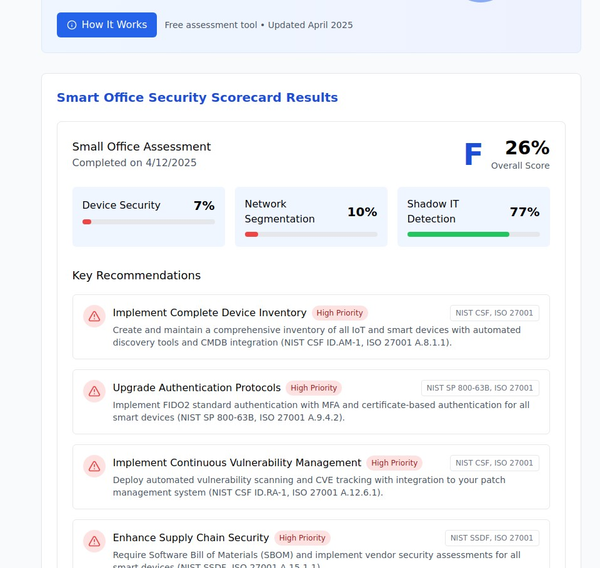Navigating Privacy Challenges in Evolving Urban Landscapes: Strategies for Businesses

Introduction:
As urban environments evolve towards the concept of "15-minute cities" — where all essential services are within a 15-minute reach — businesses face new challenges in protecting customer privacy. In these denser, more integrated urban settings, the proximity of various services and the increased use of technology can lead to heightened privacy concerns.

1. Understanding the 15-Minute City Model:
The "15-minute city" model aims to create more sustainable, efficient, and livable urban spaces. However, this model also brings businesses closer to their customers, potentially increasing the amount of personal data collected and shared.
2. Privacy Concerns in Dense Urban Settings:
In these compact city layouts, businesses often rely more on technology for service delivery, data collection, and customer interaction. This increased reliance on digital tools can lead to concerns about data privacy and security, particularly regarding how customer information is collected, stored, and used.
3. Strategies for Data Protection:
To address these challenges, businesses should implement robust data protection strategies. This includes using encryption, ensuring compliance with data protection laws (like GDPR or CCPA), and adopting privacy-by-design principles in their operations.

4. The Role of Transparency and Consent:
Being transparent with customers about data collection and usage is vital. Businesses should clearly communicate their privacy policies and obtain explicit consent from customers before collecting personal data.
5. Leveraging Technology Responsibly:
While technology is a key driver in the 15-minute city concept, its use must be balanced with privacy considerations. Businesses should invest in secure and ethical technology solutions that protect customer privacy while enhancing service delivery.
Conclusion:
As cities evolve towards the 15-minute model, businesses must proactively address privacy concerns. By implementing strong data protection measures, maintaining transparency, and responsibly using technology, businesses can protect customer privacy and build trust in these increasingly integrated urban environments.






